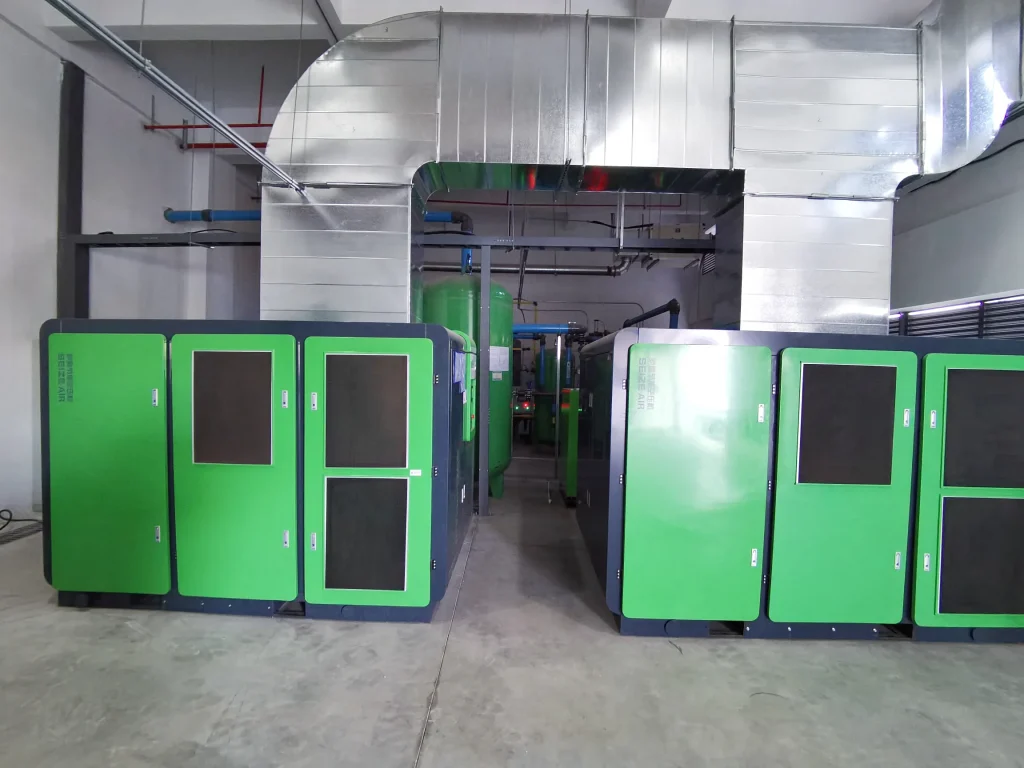Emergency Handling of Special Air Compressor Failures
Emergency Handling of Special Air Compressor Failures
Air compressors play a vital role in various industries, including manufacturing, construction, and chemicals. However, prolonged operation may lead to different failures that affect their normal functioning and even halt production. Timely and effective fault handling is critical to maintaining efficient operation.
1. Overheating of the air compressor
If the air compressor overheats, it should be stopped immediately and the cooling system should be checked to see if it is working properly. If the cooling system fails, it should be repaired immediately. At the same time, check the load of the air compressor, adjust the load or reduce the working time to reduce the temperature of the equipment.
2. The exhaust pressure of the air compressor is too low
If the exhaust pressure of the air compressor is too low, check whether the intake valve, exhaust valve and pipeline are blocked or leaking. If blocked or leaking, the corresponding parts should be cleaned or replaced immediately. At the same time, check whether the compression ratio and exhaust temperature of the air compressor are normal.

3. Excessive noise from the air compressor
If the noise from the air compressor is too loud, check whether the mechanical parts such as bearings, gears and belts are worn or damaged. If worn or damaged, they should be replaced or repaired immediately. At the same time, check the installation and fixing of the air compressor to ensure that the equipment is stable and reliable.
4. Oil leakage from the air compressor
If the air compressor leaks oil, it should be stopped immediately and the oil seal, gasket and other parts should be checked to see if they are damaged. If damaged, they should be replaced immediately. At the same time, check whether the quality and quantity of the lubricating oil meet the requirements, and replenish or replace the lubricating oil in time.
Air compressors are essential industrial equipment, and it is inevitable that they will experience some special failures during operation. Timely emergency handling is crucial when these failures occur. Regular inspections and maintenance can effectively reduce the likelihood of failures. Additionally, understanding how to handle common faults can help take immediate action to avoid extended downtime and production losses. Ensuring the proper operation of air compressors not only improves work efficiency but also extends the lifespan of the equipment.

 English
English
 Chine
Chine
 Russia
Russia
 France
France
 Spain
Spain
 Arab
Arab